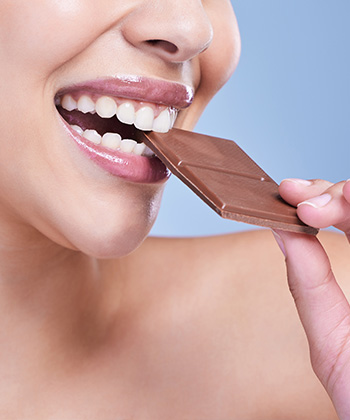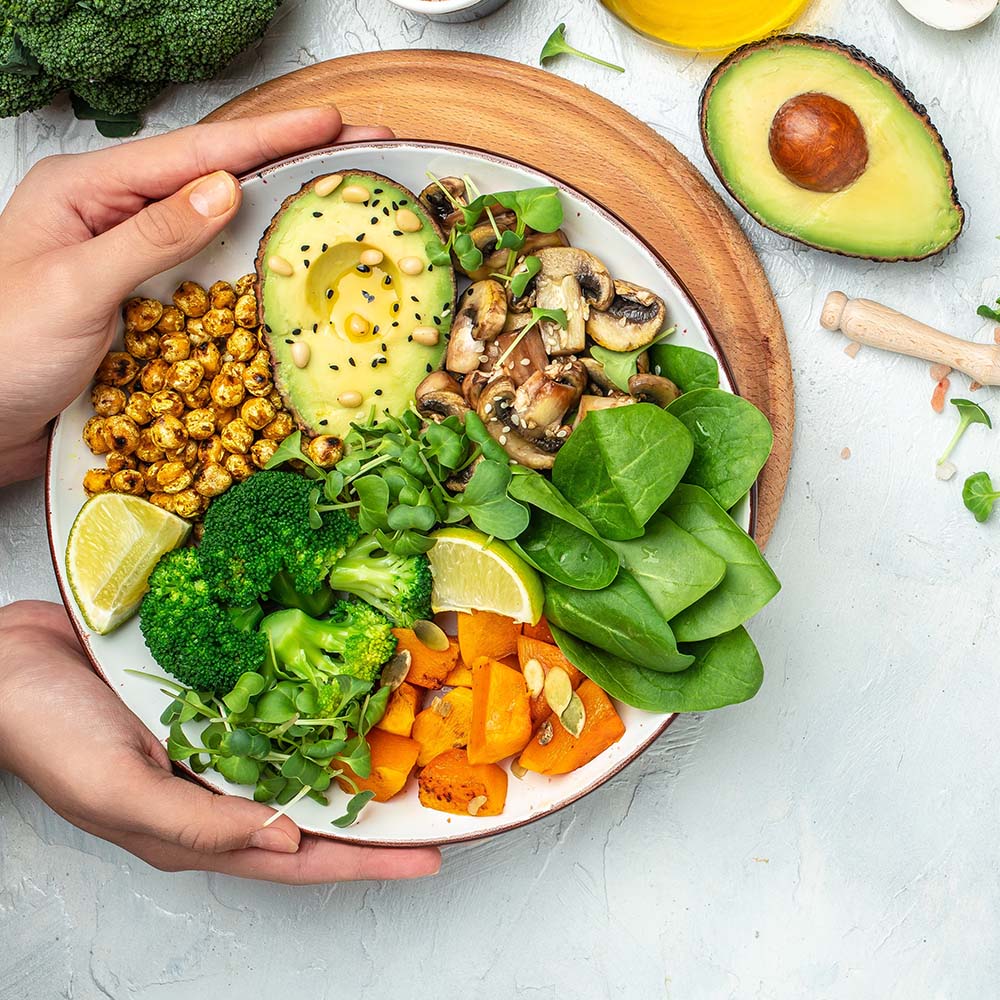
If you love sweets (who doesn’t?). It’s time to understand how they affect you on the inside and especially on the outside. Sugar isn’t just about weight or energy, it directly impacts the appearance of your skin, wrinkles, breakouts, and your natural glow. The good news? There’s something you can do about it, and the solutions are simple.

How Exactly Does Sugar Affect Your Skin?
- It Accelerates Wrinkles and Aging
Sugar binds to proteins in the skin, mainly collagen and elastin, which are responsible for keeping skin firm and elastic, in a process called glycation. The result? Damage to the skin’s structure, early wrinkles, and a loss of skin tone. Think of it like a balloon slowly deflating; that’s what excess sugar does to your skin from within. - It Worsens Acne and Breakouts
Spikes in blood sugar levels cause your body to release more insulin, which in turn triggers hormones that increase sebum (skin oil) production. This clogs pores, feeds bacteria, and leads to breakouts, especially on the chin, cheeks, and forehead. - It Triggers Silent Inflammation
Too much sugar activates inflammatory responses in the body, even if you don’t feel them right away. This often shows up as redness, sensitivity, warmth, and even chronic skin irritation. - It Dries Out and Dulls the Skin
Excess sugar damages the skin's natural moisture and lipid balance. The result? Skin that looks tired, lifeless, and missing the natural glow we all want to preserve.
How to Keep It Sweet Without Sacrificing Your Skin
- Cut Back Smartly
Start with one small change per day, like coffee without sugar. - Choose Better Sweet Alternatives
Dates, berries, or dark chocolate (over 70% cocoa) can satisfy your sweet tooth in a skin-friendly way. - Hydrate
Water helps flush toxins and maintain moisture. Start your morning with a glass of water before your coffee. - Eat Healthy Fats
Avocados, nuts, and olive oil help stabilize blood sugar and nourish the skin.
Simple Everyday Tips to Reduce Sugar’s Impact
You don’t have to live on lettuce. These practical steps can make a big difference in how you feel and how you look:
- Start Your Morning Smart
A sweet breakfast (cereal, cookies, sugary coffee) spikes your blood sugar within minutes, leading to a crash later. Instead, go for eggs, veggies, cheese, or oats with nuts. You’ll feel more balanced throughout the day. - Eat Vegetables Before Every Meal
Eating fiber-rich foods first (like a salad, carrot, or cabbage) slows down sugar absorption from the rest of the meal. This keeps your blood sugar stable and eases the load on your skin. - Move After Eating
A short walk or 10 minutes of physical activity after a meal helps your muscles use glucose immediately, preventing sugar from flooding your body and affecting your skin. Plus, it boosts your energy.
A Sweet (but Healthy) Conclusion
Sugar isn’t the enemy, but it demands respect. If you let it take over, it can damage your skin, energy levels, and overall well-being. But if you learn to manage it smartly, you can still enjoy it without paying the price in wrinkles, acne, or fatigue. Start with one small step, maybe veggies before meals, or a piece of dark chocolate instead of a cookie. Your body and your skin will thank you, and you’ll see the difference in the mirror soon enough.
Frequently Asked Questions
- Are natural sugars in fruit just as harmful to skin?
Natural sugars in whole fruits are less harmful than refined sugars because they're packaged with fiber, antioxidants, and nutrients that slow absorption and reduce blood sugar spikes. Just avoid fruit juices, which lack fiber and act like added sugar. As always, moderation is key. - Does sugar in skincare products affect your skin the same way as dietary sugar?
No, topical sugar in scrubs or masks is usually safe and can be beneficial for exfoliation; the damage comes mainly from sugar in your diet. - Is it better to cut sugar in the morning or evening?
Reducing sugar intake in the morning can be particularly effective, as it prevents blood sugar spikes that affect your energy and skin throughout the day. It is always recommended to start your day with protein, not with sugar. - How long does it take to notice improvements in my skin after reducing sugar?
You may start noticing improvements in your skin within a few weeks of reducing sugar. However, significant changes can take a few months depending on your skin’s condition.
